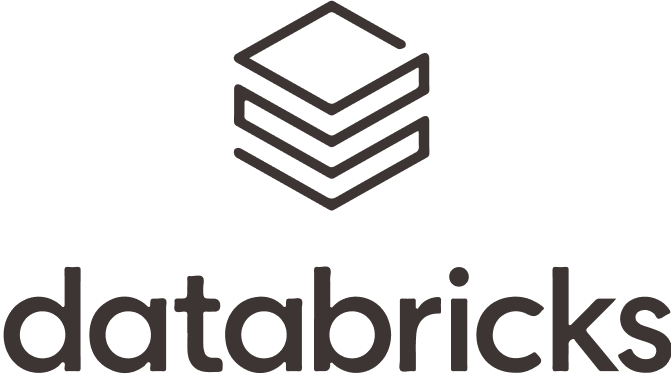Problem
Gaps in visibility and passive manager approvals strained a lean audit team
Across 7,000+ employees globally, Databricks’ lean auditing team of four struggled to gain visibility into high-risk expenses and employee spend behavior. Managers were responsible for approving expenses, creating a passive review process that prevented auditors from understanding submission standards across each organization. The team did their best to mitigate risk with the four-eyes principle, where two auditors manually reviewed nearly 130K expense reports annually. Databricks needed a new way to scale their approval process that wouldn’t waste valuable working hours.
“We had a passive approval process with no visibility, no forensics, and no data analysis on receipts that were being submitted,” reflects Michelle Cornish, Head of Global Travel & Expense at Databricks.
The auditing team worked hard to make it easy for employees to submit expenses but had reached the limit of their existing configurations. They were ready to invest in a solution that could enforce tighter compliance checkpoints, eliminate antiquated manual reviews, and optimize their time. Michelle led the way in introducing AppZen Expense Audit to complement their existing Emburse Chrome River solution.
Solution
Customized AI for improved travel & expense management
Michelle initially focused on configuring Expense Audit to tackle known challenges that their previous solution could not: flag high-risk expenses. AppZen’s AI immediately began verifying receipts and flagging duplicates within and across reports. “I’ve been able to unlock so much more capability from my team so that they’re not just sitting there, haphazardly processing hundreds of thousands of expense lines, anymore,” says Michelle.
The team continued to improve their operations month after month, making organic adjustments based on new discoveries of what, when, and how employees submitted expenses. Michelle and the team rolled out custom AppStore models to reinforce new employee compliance standards. Apps like Double-Dip Detection identified employee attempts to submit a meal expense while simultaneously being listed as an attendee under someone else’s expense, something that couldn’t be done before AppZen.
My team can get through the audit process confidently and then leverage the output to help build new business cases for change. They can address compliance issues and concerns to ensure we’re compliant across all policy groups and countries in which we operate.
Michelle Cornish
Head of Global Travel & Expense at Databricks
Result
Data-backed rejections, huge savings, and new corporate card policies
In one year, Databricks saved nearly 3,000 manual auditor work hours. And it transformed its travel and expense process to be more agile and scalable. With AppZen patching existing gaps, “First and most importantly, I have a happier team,” says Michelle. “We are more confident in the data and its quality, which allows us to provide better reporting to leadership.” Compliance issues and requests from outside business units are now solved with quantitative information tied directly to the receipt and expense line item.
AppZen is providing us with more tangible information, which we can then disperse as needed to the business and certain stakeholders to support their activities and business needs.
Michelle Cornish
Head of Global Travel & Expense at Databricks
Auditor confidence in rejections has led to huge savings, with nearly half a million dollars in wasteful spend removed in just 12 months. “It’s no longer about a best guess,” shares Michelle. Those same standards are now applied to remitting expenses and managing tax implications on certain expense categories. The speed at which expenses are processed and reimbursed has multiplied.
Once without an audit process, corporate cards now undergo a well-oiled audit workflow, too. Databricks is uncovering new information about employee usage and identifying when cards should be suspended, added, or removed entirely. This allows Michelle to “draft our corporate card policies and cardholder agreement. It’s helping shape the program into a globally supportive process.”




